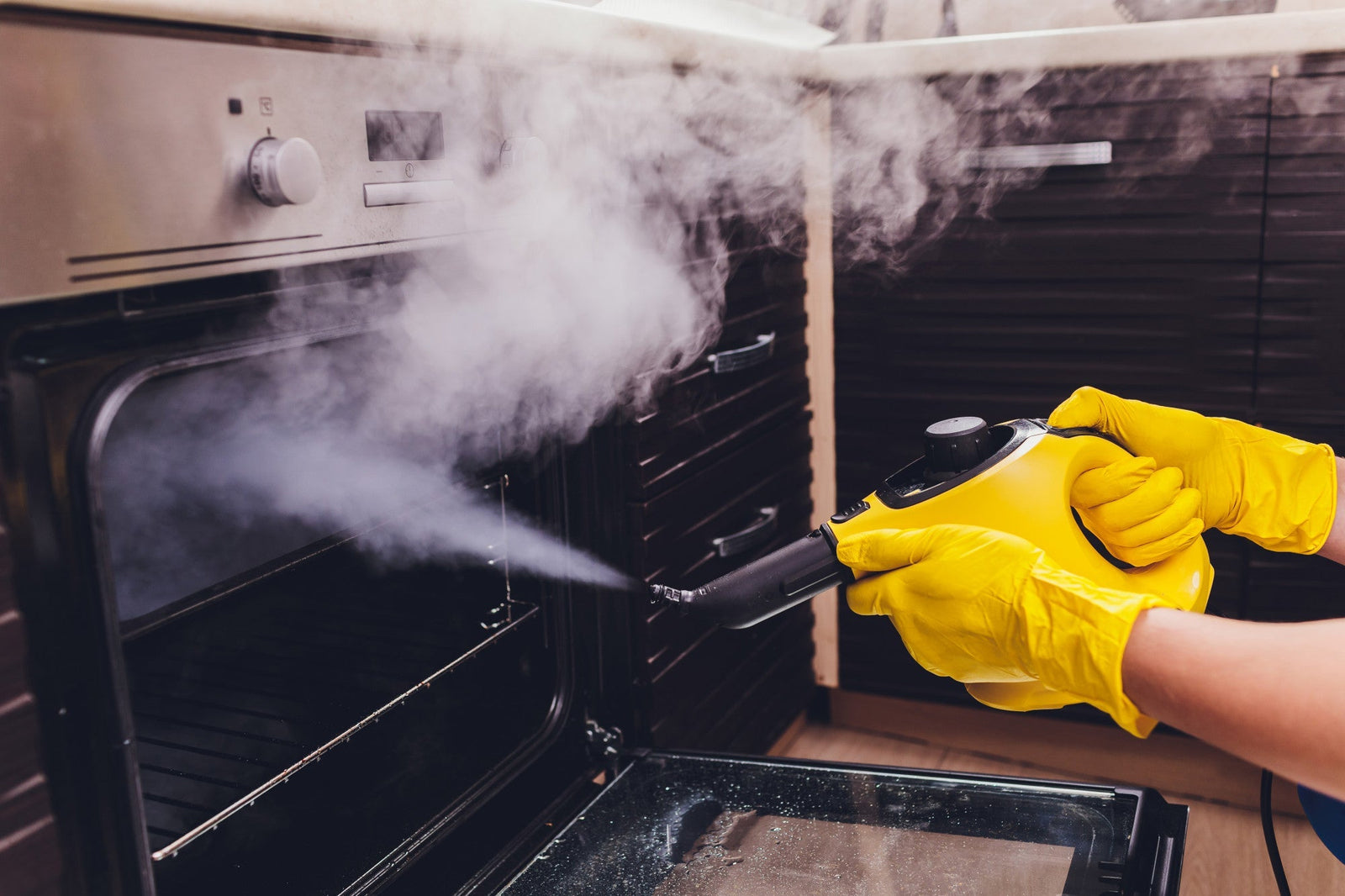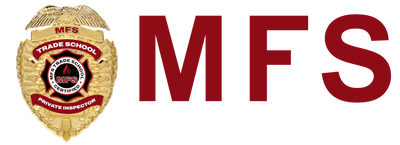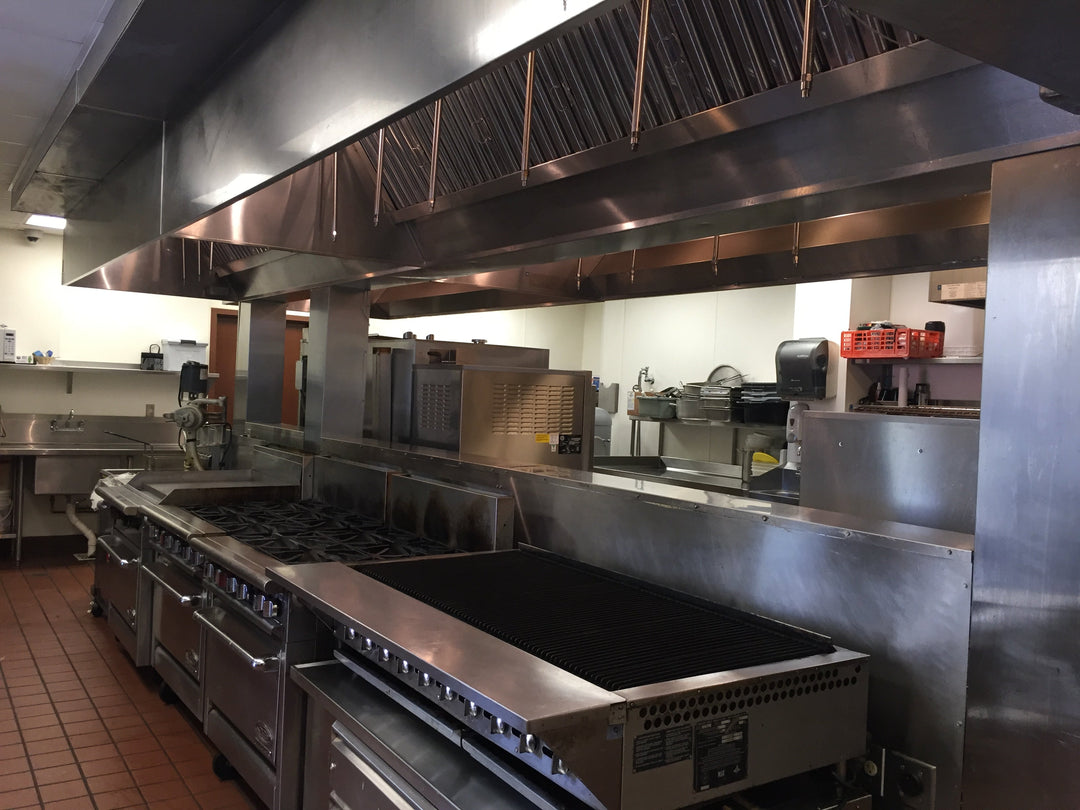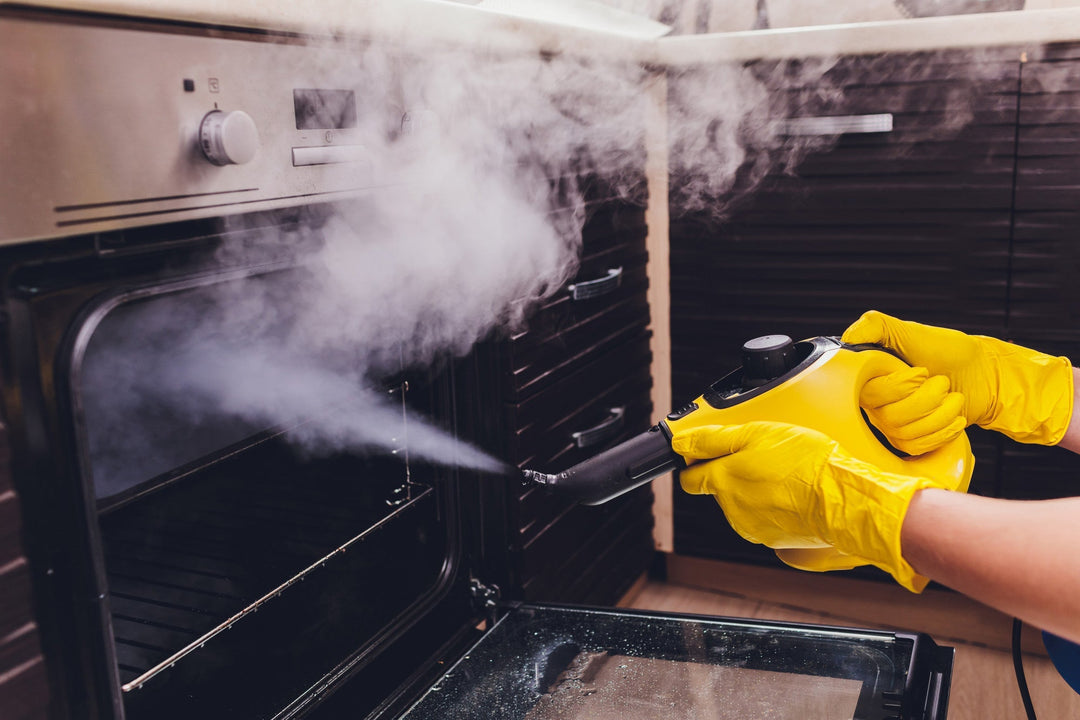Winter Prep: How Cold Weather Affects Exhaust Systems

Winter's harsh conditions pose unique challenges for vehicle maintenance, particularly when it comes to your exhaust system. As temperatures drop and road conditions deteriorate, your vehicle's exhaust components face increased stress from multiple environmental factors.
Your exhaust system plays a critical role in:
- Directing harmful gases away from the passenger cabin
- Reducing engine noise
- Optimizing engine performance
- Supporting fuel efficiency
- Managing emissions control
Understanding how cold weather affects your exhaust system helps you protect both your vehicle and its occupants. Winter's combination of freezing temperatures, moisture, and corrosive road treatments creates a perfect storm of potential damage to exhaust components.
The risks extend beyond simple wear and tear. A compromised exhaust system can lead to:
- Dangerous carbon monoxide leaks
- Reduced fuel efficiency
- Failed emissions tests
- Costly repairs
- Decreased vehicle performance
A proactive approach to winter preparation safeguards your exhaust system against these cold-weather challenges. By learning to identify potential issues and implementing preventive measures, you can maintain your vehicle's performance and safety throughout the winter season.
However, it's not just the vehicle that needs preparation for winter. The harsh weather can also lead to an increase in pathogens in our living spaces. MFS Trade School's virus disinfecting services provide thorough and efficient solutions to protect your space from harmful viruses.
In addition, if you're considering a career change or looking to acquire new skills during this winter season, trade schools like MFS Trade School are bridging America's skills gap by offering valuable training programs with hands-on experiences.
Lastly, if you're involved in the cleaning business and looking for ways to accelerate growth, seeking mentorship can provide you with the necessary guidance and expertise to navigate challenges effectively.
How Cold Weather Affects Exhaust Systems
Winter road conditions create a perfect storm of challenges for your vehicle's exhaust system. The combination of physical hazards and chemical reactions can lead to significant damage if left unchecked.
1. Physical Impact from Road Hazards
- Hidden potholes beneath snow cause direct strikes to exhaust components
- Ice chunks can crack or dent exhaust pipes
- Packed snow creates pressure points against system parts
- Road debris kicked up by other vehicles poses additional risks
2. Chemical Reactions and Corrosion
- Road salt triggers accelerated oxidation of metal components, similar to carbon dioxide corrosion
- Moisture from melting snow combines with salt to form corrosive compounds
- Temperature fluctuations cause metal expansion and contraction
- Rust formation weakens structural integrity of pipes and joints, a process that can be compared to pipeline corrosion
3. Internal System Stress
- Cold starts force rapid temperature changes on components
- Condensation builds up inside pipes during short trips
- Incomplete combustion creates acidic deposits
- Extended idling in cold weather increases moisture accumulation
4. Performance Impact
- Restricted airflow from damaged components reduces engine efficiency
- Cracked pipes lead to exhaust leaks and increased emissions
- Corroded connections affect system backpressure
- Damaged catalytic converters struggle to process emissions effectively
Your exhaust system faces similar challenges to commercial kitchen exhaust systems during harsh conditions - both require regular inspection and maintenance to prevent failure. Just as restaurant cleaning services focus on preventing grease buildup and maintaining safety, your vehicle's exhaust system needs protection from winter's harsh elements to maintain optimal performance and safety standards.
These winter-related issues can compound quickly, transforming minor damage into major system failures. The key lies in understanding these risks and implementing proper preventive measures to protect your exhaust system throughout the cold season. For instance, seasonal maintenance tips for kitchen exhaust systems can also be applied to vehicle exhaust systems.
To mitigate the risk of corrosion in your vehicle's exhaust system, consider implementing some strategies similar to those used in preventing corrosion in hydraulic hose systems.

Preventive Measures for Winter Prep
Protecting your exhaust system during winter requires a systematic approach to maintenance and cleaning. Here's what you need to know:
Regular Inspection Routine
- Check exhaust components every 2-3 weeks during winter
- Look for signs of rust formation or developing corrosion spots
- Inspect mounting brackets and hangers for stability
- Listen for unusual rattling sounds that might indicate loose components
Undercarriage Protection
- Visit a professional cleaning service equipped with specialized undercarriage cleaning equipment
- Request steam cleaning to effectively remove salt deposits
- Apply protective coating after thorough cleaning, such as a ceramic coating, for enhanced protection
- Schedule bi-weekly cleaning sessions during heavy salt usage periods
DIY Maintenance Steps
- Park your vehicle on a slight incline to prevent water pooling
- Use a garden hose with high pressure to spray the undercarriage
- Focus on areas around exhaust components
- Allow the undercarriage to dry completely before parking in a garage
Tailpipe Maintenance
- Remove snow and ice accumulation before starting your engine
- Use a flashlight to inspect the tailpipe's interior
- Clear any visible blockages with appropriate tools
- Keep the tailpipe area clear when parking in deep snow
Professional Services Worth Considering
- Application of ceramic coating for enhanced protection
- Industrial-grade rust inhibitor treatments
- Comprehensive undercarriage inspection services
- Professional steam cleaning with rust-prevention solutions
Daily Prevention Tips
- Park in a garage or covered area when possible
- Avoid driving through deep snow banks
- Keep vehicle warm-up times brief to prevent moisture accumulation
- Drive long enough to allow the exhaust system to reach optimal temperature
These preventive measures help maintain your exhaust system's integrity through harsh winter conditions. A combination of professional services and regular DIY maintenance creates an effective defense against winter-related damage.
It's also worth noting that similar principles of maintenance and cleaning apply in other contexts, such as in commercial kitchens where kitchen exhaust systems require regular upkeep for better health ratings. Implementing effective kitchen hood cleaning strategies can also help prevent fire hazards and promote safety in these environments.

Conclusion
Your exhaust system faces significant challenges during winter months. Cold temperatures trigger condensation buildup, road salt accelerates corrosion, and harsh driving conditions create physical stress on system components. These factors combine to create a perfect storm that can compromise your vehicle's performance and safety.
Key Winter Impact Points:
- Moisture accumulation leading to internal rust
- Salt-induced corrosion weakening metal components
- Physical damage from winter road hazards
- Potential toxic gas buildup from blocked tailpipes
Proactive maintenance stands as your best defense against winter-related exhaust system damage. Regular inspections help catch early signs of corrosion. Consistent undercarriage cleaning removes harmful road salt. Checking your tailpipe for snow and ice blockages before starting your engine prevents dangerous backpressure issues.
Interestingly, some of the cleaning techniques used in the restaurant industry, such as those related to exhaust hood cleaning, can be adapted for vehicle maintenance too.
Your investment in winter preparation pays dividends through:
- Extended exhaust system lifespan
- Reduced repair costs
- Enhanced vehicle safety
- Improved engine performance
A well-maintained exhaust system keeps your vehicle running efficiently through the harshest winter conditions. Take action now to protect your exhaust system - your vehicle's performance and your safety depend on it. If you're interested in learning more about maintaining cleanliness and efficiency in both restaurant and vehicle exhaust systems, consider reaching out to MFS Trade School for comprehensive training and certification programs.






